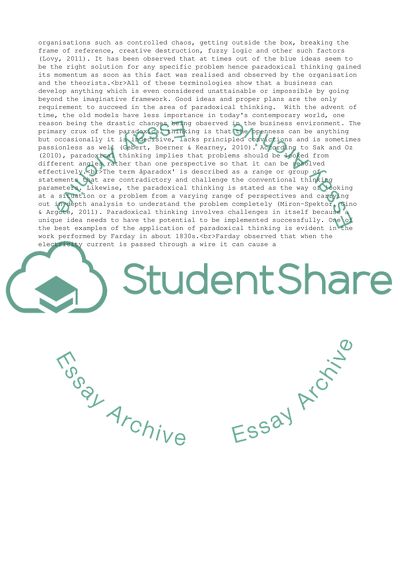Cite this document
(How google demonstrates Paradoxical thinking Research Paper, n.d.)
How google demonstrates Paradoxical thinking Research Paper. https://studentshare.org/management/1798202-how-google-demonstrates-paradoxical-thinking
How google demonstrates Paradoxical thinking Research Paper. https://studentshare.org/management/1798202-how-google-demonstrates-paradoxical-thinking
(How Google Demonstrates Paradoxical Thinking Research Paper)
How Google Demonstrates Paradoxical Thinking Research Paper. https://studentshare.org/management/1798202-how-google-demonstrates-paradoxical-thinking.
How Google Demonstrates Paradoxical Thinking Research Paper. https://studentshare.org/management/1798202-how-google-demonstrates-paradoxical-thinking.
“How Google Demonstrates Paradoxical Thinking Research Paper”. https://studentshare.org/management/1798202-how-google-demonstrates-paradoxical-thinking.


